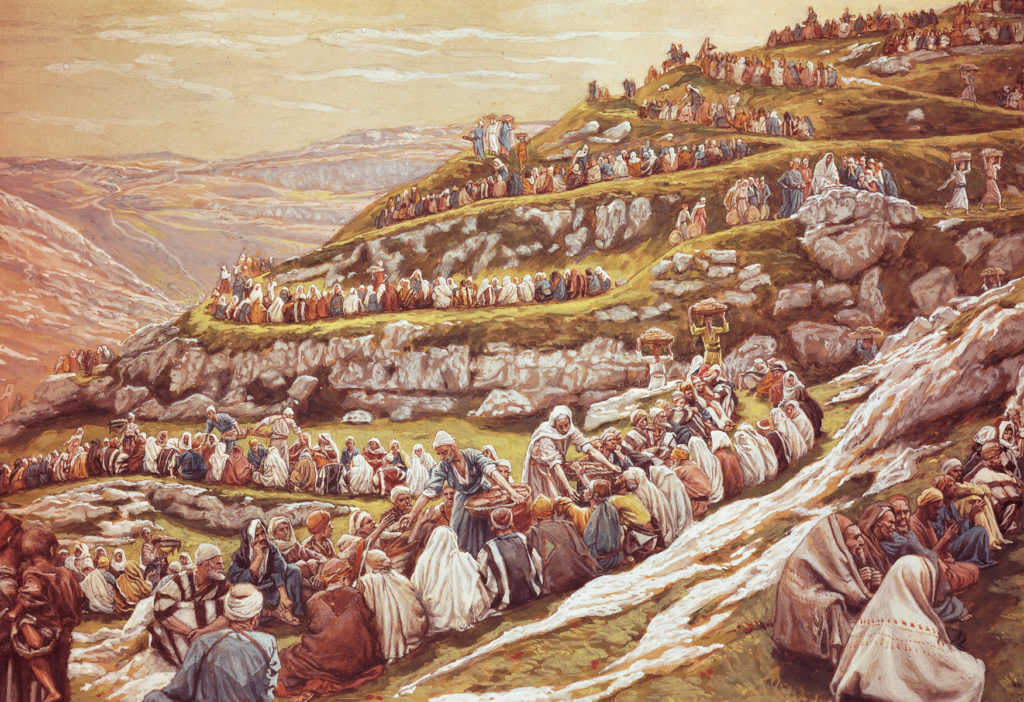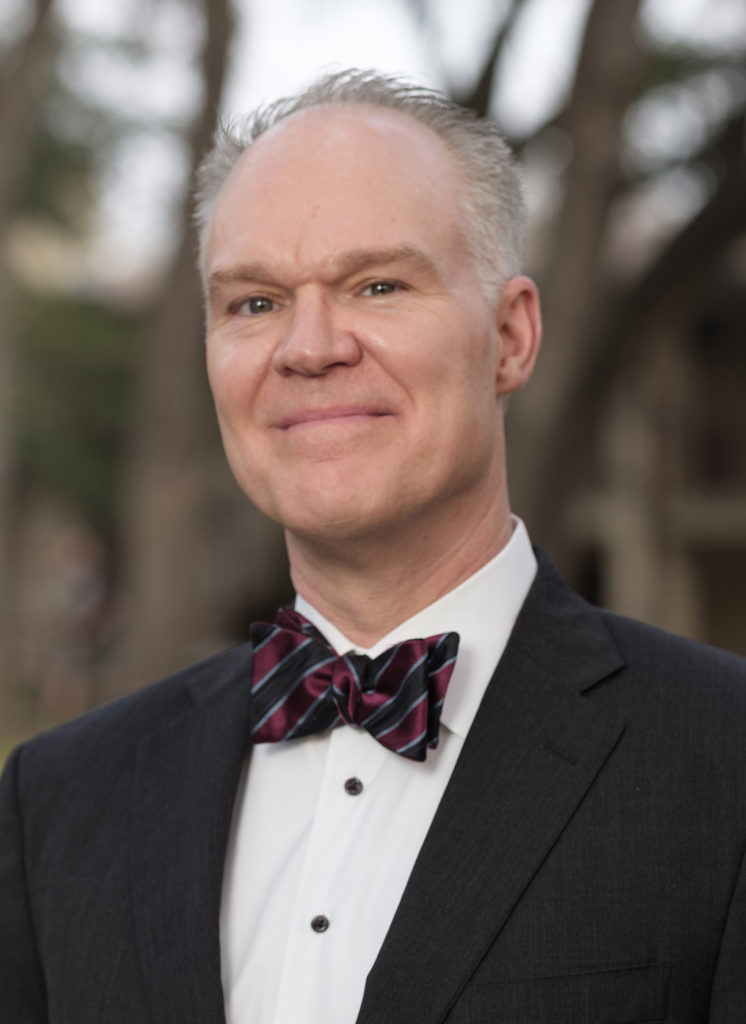
A guy I know on Wall Street invented a new way to trade derivatives and made more money than he can spend. I asked him: Why do you still come to work? He said, “Business is just an excuse to enjoy people.”
I don’t expect to hear the gospel on Wall Street, but there it was: Business is just a means to an end, and the end is enjoying each other – as if business were like dancing or bowling or canasta.
This guy has solved what my grandmother considered the basic problem of being human: “People are wonderful,” she’d say, “but what do you do with them? That’s why we have canasta.” Which looks like a card game, but for her it was a sacrament, an occasion for being together.
In her vision of the world, gravity draws us irresistibly together, but we’re unprepared for impact. We fight when we can’t think of anything better to do. To constructively channel the gravity, you need cards or music to dance to or a business or a garden.
An economy is the habits of a corporate body. It’s a set of practices and payoffs that keeps a group of people engaged in a particular way of being together. As we practice our economy, it becomes what we take for granted – which is why it’s terrifying when an economy transforms before your eyes.
Grasshoppers are usually peaceful and shy; they give each other lots of space. But during a drought, when instinct draws them into tight crowds around scarce water, a chemical switch flips. The gentle green grasshopper’s skin toughens into brown husk. They become gregarious, wired together into a giant, ravenous, all-consuming cloud of death. They become locusts.
The swarm is the economy of scarcity, and scarcity is the defining assumption of capitalism. We’re told there’s not enough. If you win, then I lose. Because we must compete to survive, you are an obstacle to my survival. None of this is necessarily true, of course, but our economy encourages us to act as if it is and to practice it until it becomes our habit and we are wired together, locust-like.
You’ve probably witnessed a human swarm, the moment when people decide there’s not enough – not enough room on the road, not enough seats on the last flight out – and they begin to see one another as obstacles or enemies. But how often do we see a spectacular transformation in the other direction? How often do we witness competition give way to communion? We remember these moments because they sustain hope that our economy can be redeemed, that our corporate body can be healed.
In Matthew 15, Jesus finds himself at the center of a swarm: a crowd whose occupying authorities have intimidated them and inflamed their prejudices to make them easier to control. I imagine men and women begging to be healed, not looking at one another, pressing each other impatiently toward Jesus, fearful, perhaps, that his healing powers might at any moment give out. He says: My heart goes out to these people. They have nothing to eat.
As usual, his disciples are literal thinkers: Where are we going to get bread out here? But, of course, when Jesus talks about bread, when he talks about hunger and thirst, he is talking about the Kingdom, about the Spirit, as when he said another time: I have bread that you know nothing about.
Jesus says: I am afraid they will faint on the way home. Yes, I’ve healed their corporal bodies, but I’m sending them back into a corporate body so oppressive and dehumanizing that it will simply crush them again. Healing bodies is just the beginning. They need a new economy.
So Jesus gives the Twelve this ambiguous instruction. He says: Give them something to eat yourselves.
Because what they need isn’t just bread. It’s each other. Jesus could have waved his hand and filled people’s stomachs. A magic trick would have tanked people up for the trip home, but he couldn’t meet the crowd’s true need without some liturgy.
You can imagine the missing verse here. The disciples protest: But Lord, this is a swarm of locusts. When this crowd sees we’ve just got a few loaves and fish, they will strip us bare. And Jesus says: Have you not seen me calm a storm? Have them sit down on the grass in small groups together.
And Jesus holds up the bread and the fish. “This is all I’ve got to give you, and it is plenty, because God is generous, and when God is with us, we are free to share.” And with this prayer, with the breaking of the bread and passing of the pieces, Jesus brings out the canasta. He spreads a table for them in the presence of Mammon and gives them something truly satisfying to do with each other.
Because surely some of these people had food with them. Some were prudent types who wouldn’t trek out to a rabbinical Woodstock without packing provisions. Some were anxiously packing more than they needed, hiding it from the hoards around them. But when they sat with their neighbors, when they heard Jesus’ prayer and saw his trust in the Spirit moving among them, something happened. The swarm switch flipped off. They woke up to each other.
Which brings us to the leftovers. I can only imagine that so much bread went uneaten because people discovered a more satisfying feast. When fear deforms desire, we wind up with loads of stuff (and status and self-righteousness) we don’t really want. The people who woke up on the hillside couldn’t be bothered to overeat. They were too busy enjoying each other.
Capitalism estranges us from one another, much as fear separated the disciples from the crowd. If we’re hungry for community, let us ask ourselves the question that Jesus asked them: “What do you have to work with?”
We have a little food. We have our worries. We have a sack for trash. We have our ever-durable political disagreements and petty grudges. But what is the little we have in the face of such great need?
And Jesus answers: It is canasta. It is music to dance to. It is an excuse to enjoy each other – and when we accept that gift, that miracle, what we have is enough.
How would you approach your work differently if you decided it was simply an excuse to enjoy others?
 Dr. Steven Tomlinson is associate professor of leadership and administration at Seminary of the Southwest. He holds a PhD in economics from Stanford University. He coaches and consults with Wall Street, Fortune 500, and high-tech start-up executives and managers on leadership and communication strategy. He is a founding master teacher at the Acton School of Business for Entrepreneurship. He taught economics and finance at The University of Texas at Austin for 17 years, where he designed and directed the MBA professional development program. He is also an accomplished playwright and performer. His award-winning solo shows have been produced in Austin and off-Broadway.
Dr. Steven Tomlinson is associate professor of leadership and administration at Seminary of the Southwest. He holds a PhD in economics from Stanford University. He coaches and consults with Wall Street, Fortune 500, and high-tech start-up executives and managers on leadership and communication strategy. He is a founding master teacher at the Acton School of Business for Entrepreneurship. He taught economics and finance at The University of Texas at Austin for 17 years, where he designed and directed the MBA professional development program. He is also an accomplished playwright and performer. His award-winning solo shows have been produced in Austin and off-Broadway.

